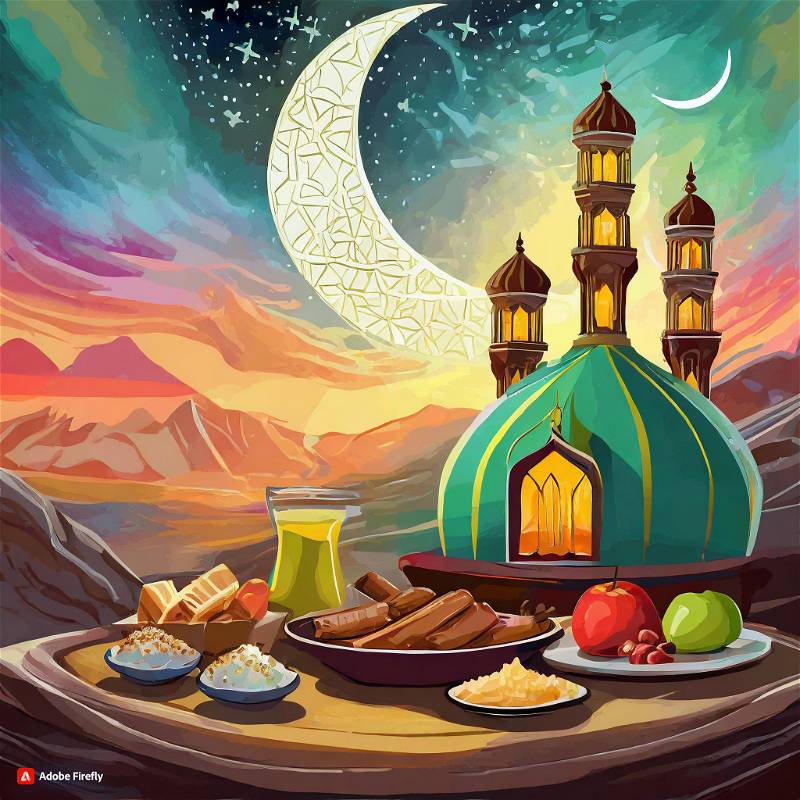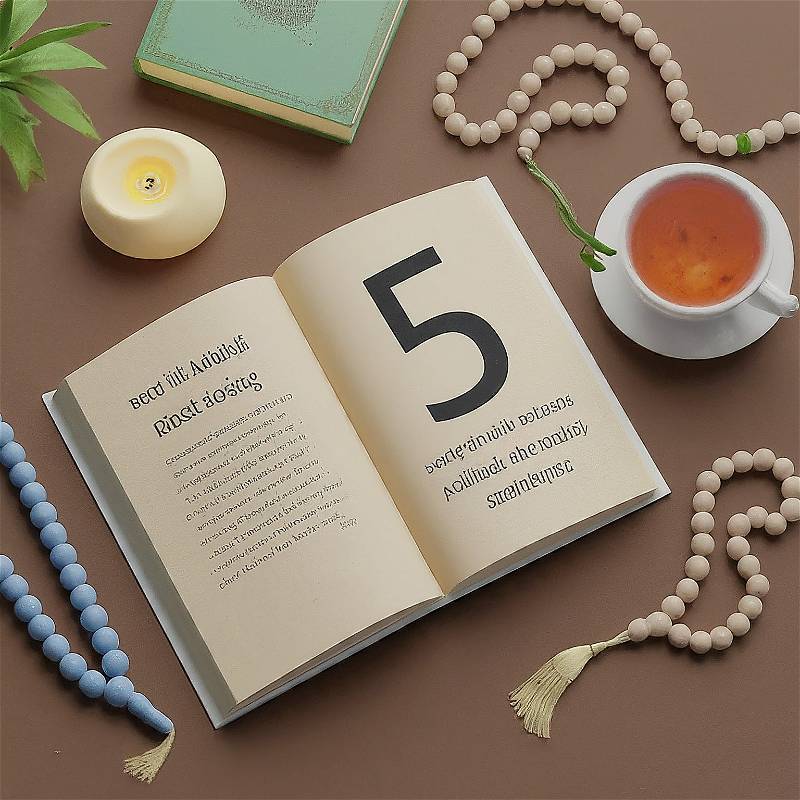Recitations of the Quran and explanations of its verses are ubiquitous across the globe, demonstrating the widespread devotion within the Muslim community. It is imperative that we actively participate in these essential practices to remain connected to our faith.

What distinguishes the Muslim Ummah is our collective engagement in these rituals, regardless of social status, ethnicity, or nationality. This unity is a hallmark of our faith, fostering a sense of belonging and solidarity among Muslims worldwide.
Protecting the Ummah is paramount, especially during Ramadan, as it offers an opportunity for increased compassion and empathy towards others. Engaging in acts of charity, such as providing meals for the less fortunate or inviting others to join in breaking the fast, are commendable deeds that strengthen our bonds as a community.
Ramadan is not solely an individual journey; it is also a communal experience that fosters unity and mutual support. Drawing inspiration from fellow Muslims and upholding values of goodness, morality, and piety are essential for nurturing a strong and resilient Muslim community.

Furthermore, Ramadan lay more emphasis on the concept of sacrifice, akin to the principles of Jihad. However, it’s crucial to dispel misconceptions surrounding Jihad, clarifying that it encompasses personal struggles and hardships, rather than violence or aggression. Both fasting and Jihad were established in the early years of Islam, emphasizing the importance of preparation and resilience in facing life’s challenges.
Conclusion

Ramadan
Ramadan serves as a spiritual training ground, equipping believers with the fortitude and virtues necessary to navigate life’s trials and strive for a better world. It is a profound blessing bestowed upon us by Allah, guiding us towards spiritual growth, communal solidarity, and a deeper connection to our faith.










